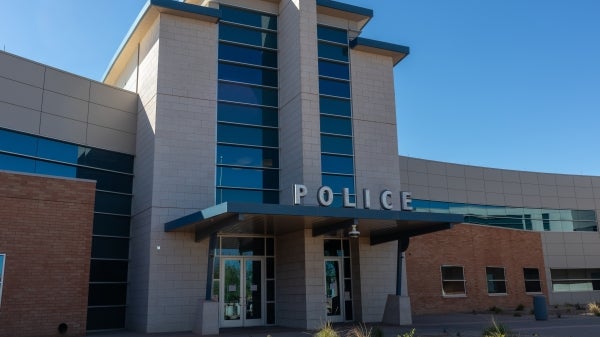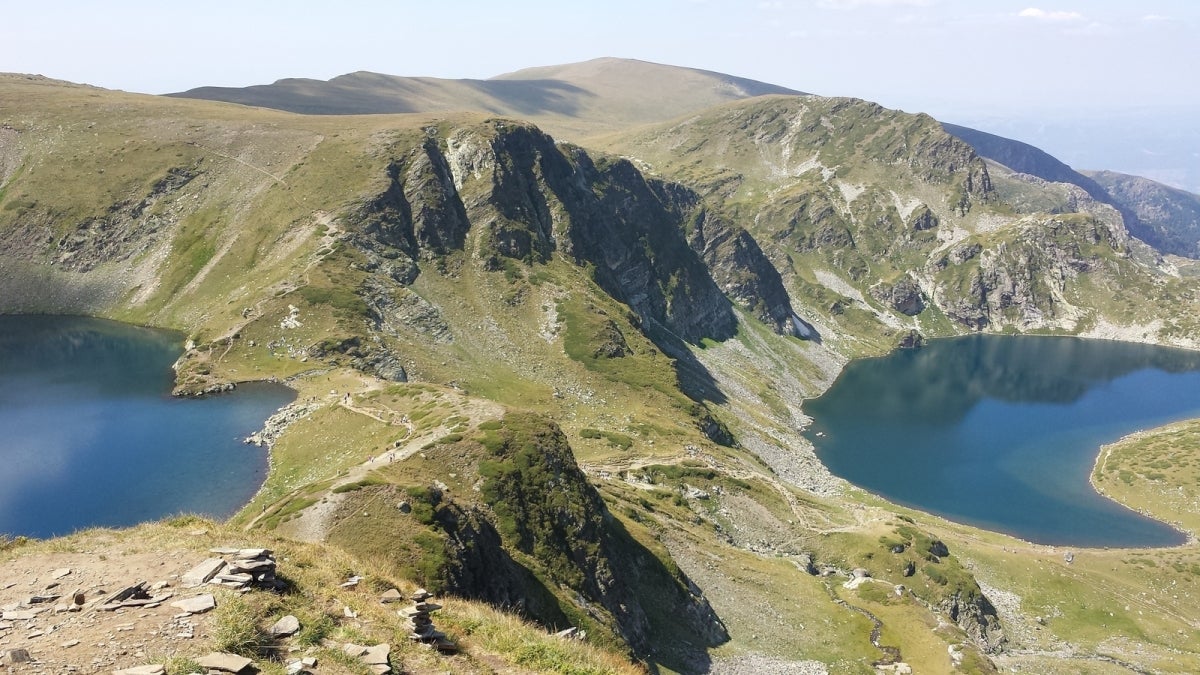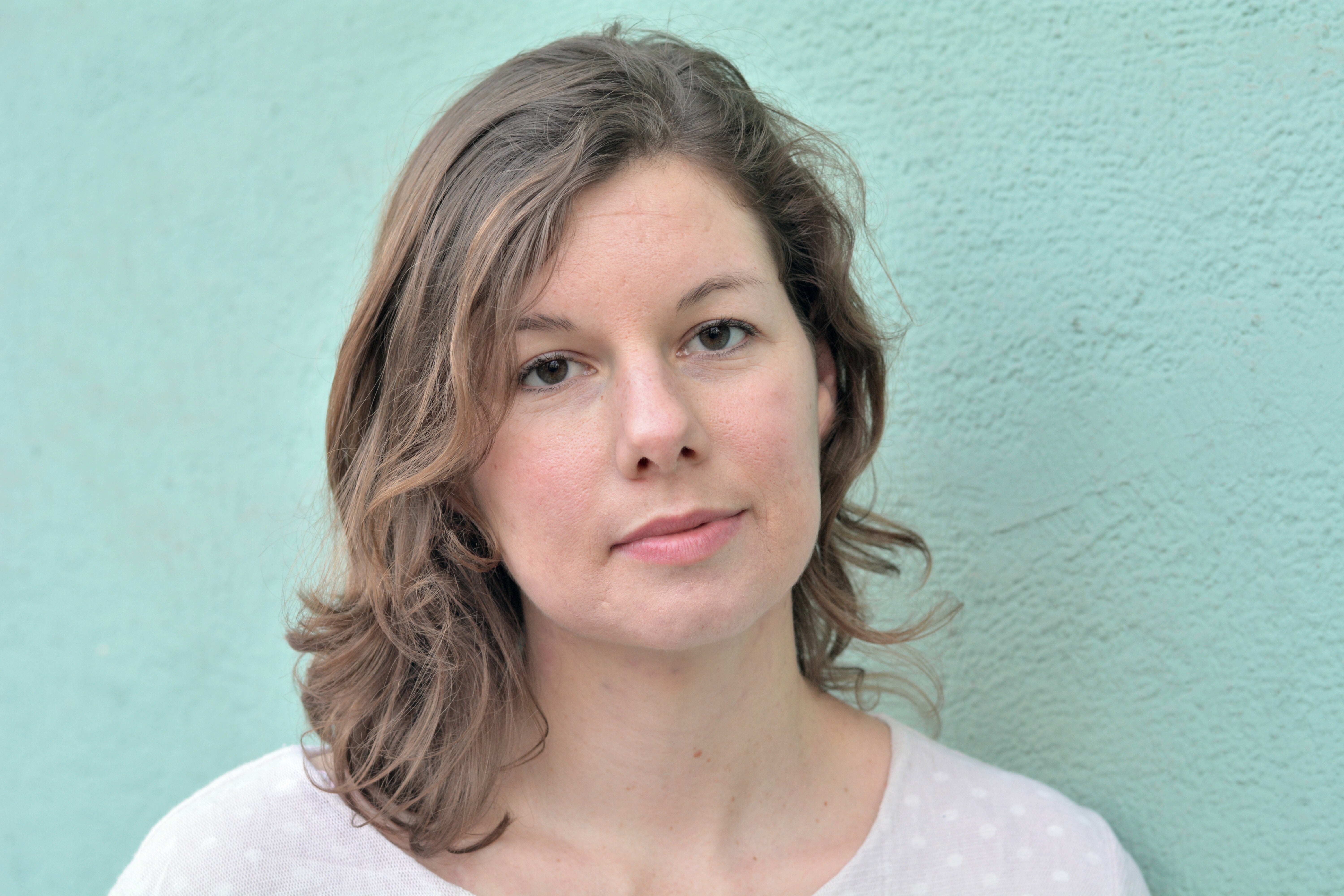Immersion in another culture can change a person.
For writer Allegra Hyde, the year she is spending in Bulgaria will also likely affect her art.
“As a writer, living abroad has given me a wealth of material to explore on the page. No doubt Bulgaria will be making its way into my writing for years to come,” said Hyde, who won a Fulbright grant to spend a year teaching. She received a master’s of fine arts from ASU's Department of English, in College of Liberal Arts and Sciences, last year.
“Living abroad has also been a chance to better understand how residents in another region of the world live and think, and that, I hope, will make me a more conscientious and empathetic person in the future.”
Hyde, who is originally from Peterborough, New Hampshire, lives in the small southern city of Haskovo, where she teaches English and American literature at the "Prof. Dr. Assen Zlatarov" Foreign Language School. I also lead a creative writing workshop.
Allegra Hyde is teaching English in Bulgaria after winning a Fulbright grant.
She answered a few questions about her Fulbright year:
Question: Why did you decide to apply for a Fulbright?
Answer: Traveling has always been a bit of an addiction for me. Maybe it's related to growing up in small-town New Hampshire. The Fulbright presented the opportunity to become deeply immersed in another lifestyle and culture.
Q: What is a typical day like for you?
A: I am a writer, so I wake up early to work on various writing projects. Then I walk to school, teach some classes and maybe meet with students for a coffee or a pick-up game of basketball. For dinner, I visit the local market and buy whatever vegetables are in season. Finally, I catch up with friends and family living back in America.
Q: What do you do on the weekends?
A: My husband is living abroad with me, so we sometimes take short trips around Bulgaria or to neighboring countries. There is quite an extensive bus network here! And while it may not be entirely reliable, with some patience you can easily visit places like Turkey, Romania, Greece and Macedonia.
Q: What’s been the best part of your experience?
A: I knew very little about Bulgaria before arriving, so it has been a pleasure learning about their traditions. In the beginning of March, for instance, Bulgarians celebrate what's called "Baba Marta" or "Grandmother March." Everyone puts on these red and white bracelets and pins. You're supposed to continue wearing them until you see a tree blossoming or a stork.
Q: Have there been any challenges?
A: The language! I'm not a natural language learner and working with the Cyrillic alphabet has been tough.
Q: Has anything funny happened during your adventure?
A: The other day I treated some of my students to a selection of American "delicacies" such as Peeps, Necco Wafers and Gushers. It was quite funny seeing their expressions as they tried these foreign sweets. They really loved Gushers.
Q: What’s next for you, after you return?
A: My short story collection, “Of This New World,” just won the Iowa Short Fiction Award and will be published October 2016. So, among other things, I will be working on promoting my first book.
Q: What would you tell someone who is contemplating applying for a Fulbright?
A: Be ready to embrace the uncomfortable!
More Local, national and global affairs

What’s next for unions? ASU center investigates evolving strategies in new report
Port workers hanging up their hats on the East Coast. Starbucks employees putting down their aprons before Christmas. Ski patrollers signing off in Park City as fresh powder piles up. The past year…

Protecting national security in a rapidly changing world
As the 21st century dawned, the challenges facing our nation and the world — such as cyberthreats, resource scarcity and space security — became too big to solve with traditional research methods.…

Accreditation helps build exacting standards, public trust in law enforcement agencies, ASU professor says
Accreditation is a tool police agencies can use to help assure the public that sworn personnel adhere to high professional standards, says an Arizona State University professor who recently completed…

